Dental emergencies are sudden, often painful situations that require immediate attention from a dental professional. While some dental emergencies are unavoidable, such as those resulting from accidents, many can be prevented with proper care and precaution. This part of the article will explore various preventive measures that can significantly reduce the risk of experiencing a dental emergency.
Contents
Understanding Dental Emergencies
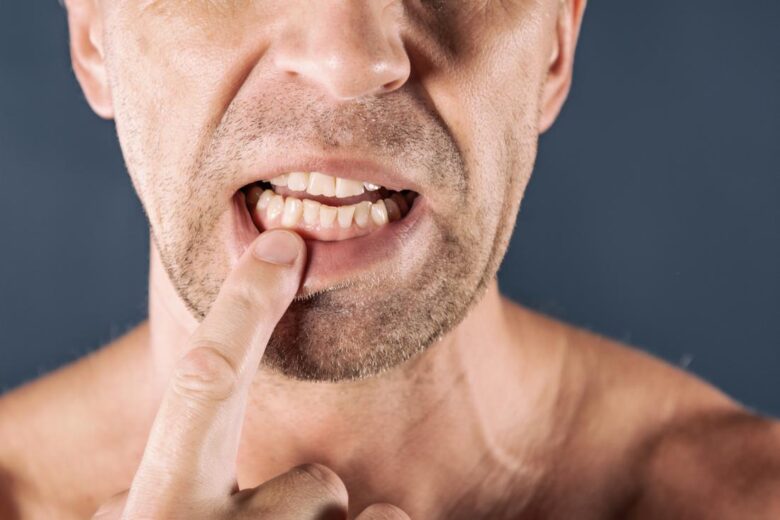
Source: medicalnewstoday.com
Dental emergencies typically involve severe pain, bleeding, trauma to the teeth or gums, or acute infections. They can range from a knocked-out tooth, a broken or chipped tooth, to a severe infection or abscess. Understanding the nature of these emergencies is the first step towards prevention, especially for individuals in Greenville. This involves recognizing the behaviors and conditions that can lead to such emergencies and taking active steps to avoid them. For expert guidance on preventing and handling emergencies, consulting with a dentist in Greenville, SC, is advisable. They can provide valuable insights and recommendations to help you protect your dental health and respond effectively in case of emergencies.
Common Emergencies and Their Causes
- Toothaches, often caused by decay or infection.
- Broken or chipped teeth, usually resulting from trauma or biting down on hard objects.
- Abscessed teeth, which are infections at the tooth’s root or between the gum and a tooth, often due to severe decay or gum disease.
- Lost fillings or crowns, which can expose sensitive areas of a tooth.
Daily Oral Hygiene Practices

Source: medium.com
Good oral hygiene is the most effective way to prevent dental emergencies. This involves several daily practices and routines:
Importance of Regular Brushing and Flossing
Brushing twice a day with fluoride toothpaste and flossing daily are essential. This routine removes food particles and plaque, a sticky film of bacteria that forms on teeth. Plaque can cause cavities and periodontal disease, leading to painful abscesses and tooth loss.
Choosing the Right Care Products
Selecting the right oral care products is crucial. Fluoride toothpaste strengthens the teeth, while a toothbrush with soft bristles is gentle on the gums. Mouthwash can also be a helpful addition to reduce bacteria and flush out debris that brushing and flossing may miss.
Role of Mouthguards in Preventing Dental Injuries
For individuals participating in sports or those who grind their teeth (bruxism), mouthguards are essential. They provide a protective barrier, reducing the risk of broken teeth and injuries to the lips, tongue, and jaw.
Regular Check-Ups
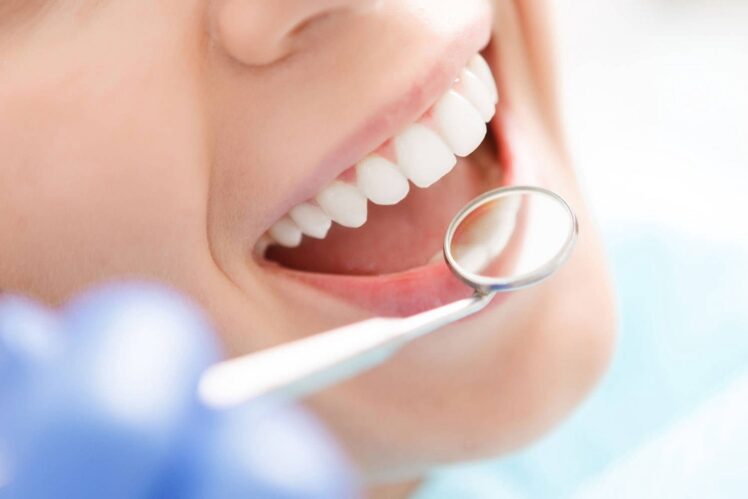
Source: medium.com
Regular visits to the dentist are crucial in identifying and addressing problems before they escalate into emergencies.
Early Detection of Potential Problems
Dentists can spot early signs of decay, gum disease, and other oral health issues. They can also provide treatments such as fillings, crowns, or root canals before these issues become severe.
Importance of Professional Cleanings
Professional cleanings remove plaque and tartar that regular brushing and flossing can’t. These cleanings help prevent gum disease and cavities, which are common causes of dental pain and emergencies.
Sealants and Fluoride Treatments
Dentists can also apply sealants to protect the chewing surfaces of the back teeth and provide fluoride treatments to strengthen the teeth, especially important for children and adolescents.
Healthy Diet for Dental Health

Source: orlandomagazine.com
A healthy diet plays a crucial role in maintaining dental health and preventing emergencies. Certain foods and habits can strengthen teeth and gums, reducing the risk of decay and infections that lead to emergencies.
Foods Beneficial for Dental Health
Incorporating foods high in calcium, such as dairy products, leafy greens, and almonds, can strengthen teeth. Crunchy fruits and vegetables like apples and carrots can stimulate saliva production, which helps clean the mouth and neutralize acids.
Foods and Beverages to Avoid
Sugary foods and acidic drinks should be limited. Sugar contributes to tooth decay, while acidic beverages like soda can erode tooth enamel. Constant snacking and sipping on sugary or acidic drinks can increase the risk of dental emergencies.
Recognizing Early Signs of Dental Issues
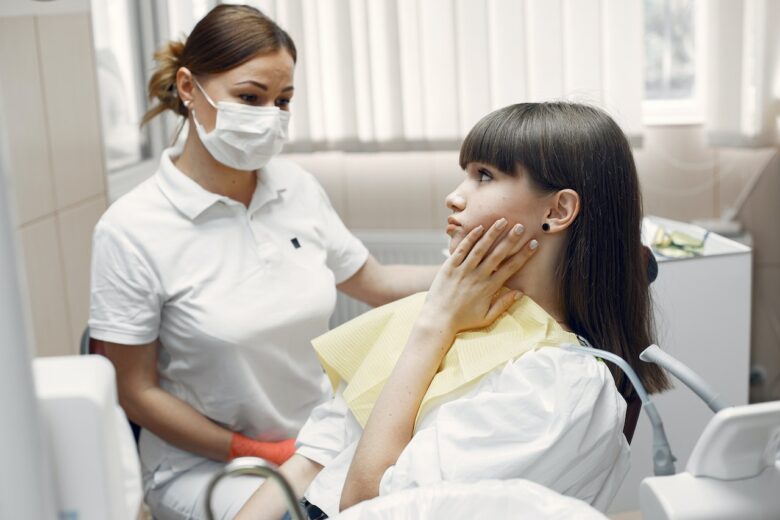
Source: pexels.com
Being aware of the early signs of dental problems is vital in preventing emergencies. Early intervention can often prevent minor issues from becoming major emergencies.
Symptoms that Should Prompt a Dental Visit
Persistent toothache, sensitivity to hot or cold, swollen or bleeding gums, and any discomfort while chewing should be taken seriously. These symptoms could indicate decay, infection, or gum disease, which can escalate into serious emergencies if left untreated.
Understanding the Difference Between Normal Discomfort and Serious Issues
Occasional mild discomfort might not be alarming, but consistent or severe pain should never be ignored. It’s important to understand what is normal for your mouth and what might be a sign of something more serious.
Emergency Kits and Information
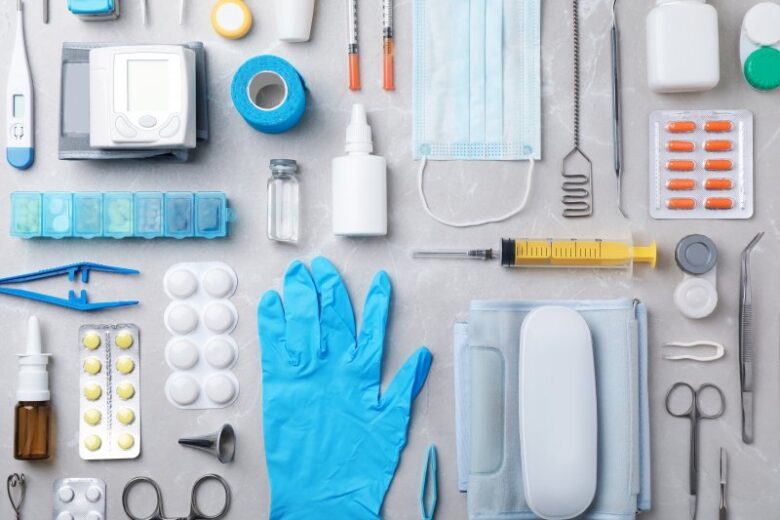
Source: nobledds.com
Having an emergency dental kit and essential information at hand can be crucial in managing dental emergencies effectively until professional care can be obtained.
Preparing an Emergency Dental Kit
An emergency kit should include items like gauze, a small container with a lid (to save a knocked-out tooth), saline solution, and over-the-counter pain relievers. This kit can be invaluable in managing a dental emergency until you can get to a dentist.
Essential Information to Have On Hand
It’s advisable to have the contact details of your dentist readily available. Knowing the location of the nearest emergency dental clinic is also important, especially for after-hours emergencies.
Conclusion and Key Takeaways
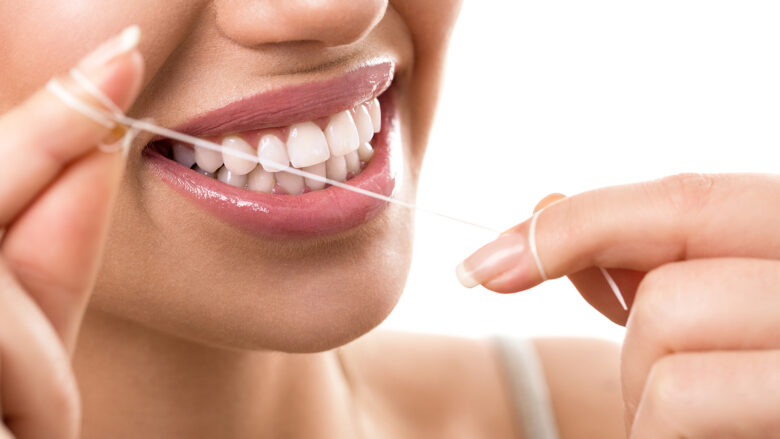
Source: dentistnorthraleigh.com
Preventing dental emergencies involves a combination of good oral hygiene, regular dental check-ups, a healthy diet, awareness of early signs of dental issues, and preparedness for emergencies. By adopting these practices, individuals can significantly reduce their risk of encountering painful and distressing dental emergencies. Remember, prevention is always better than cure, especially when it comes to maintaining dental health.
